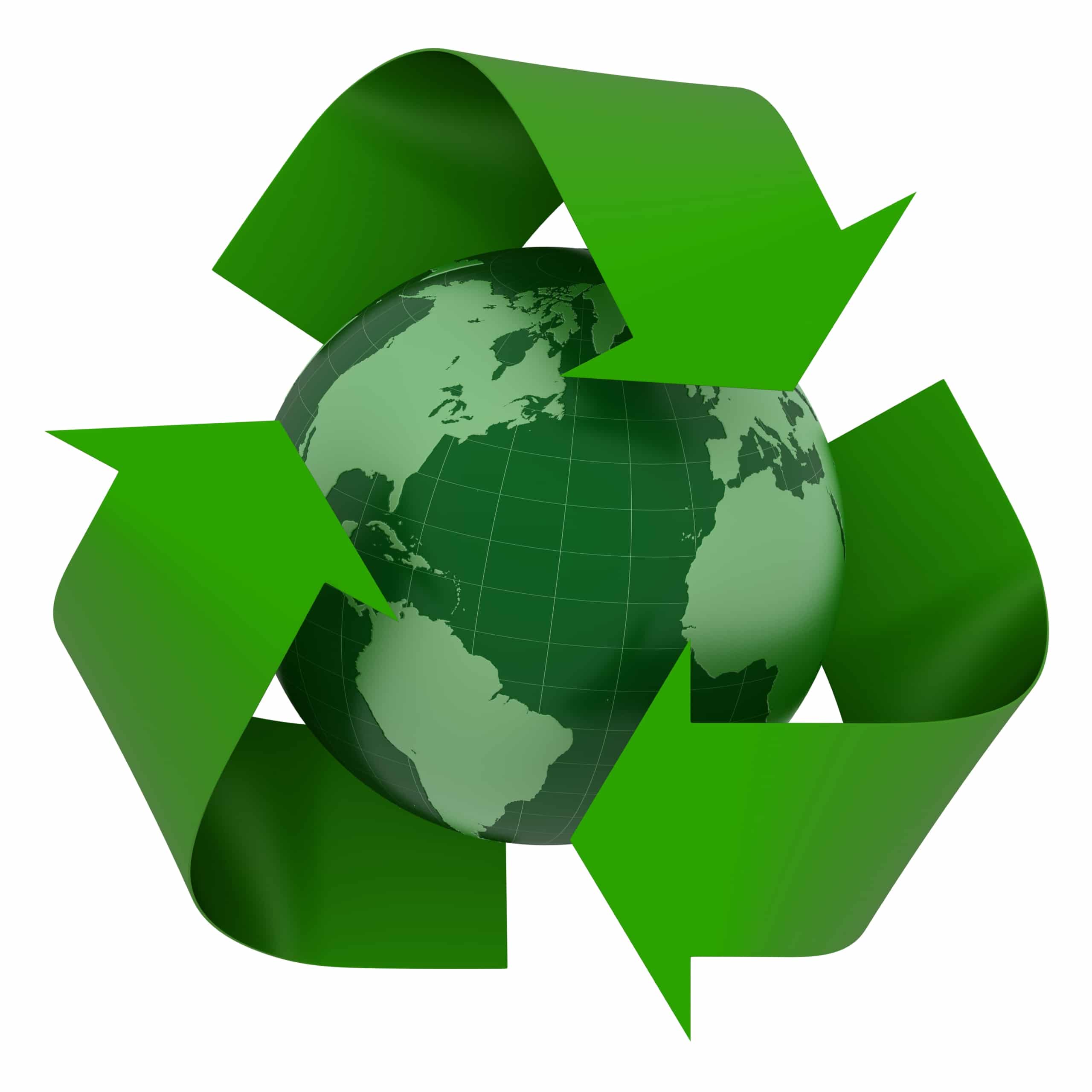The cost of waste solvent disposal services — particularly toxic solvent recovery operations — can present a significant cost that a company’s operating budget must accommodate. Consequently, many companies that strive to improve the bottom line through cost cutting are often interested in reducing solvent recovery costs. If your company is among them, below are four solutions that can help your business curb waste disposal costs over the long-term.
Use Only as Much Solvent as Needed
Some companies don’t track the volume of solvent that is used for specific operations — a situation that routinely leads to overusing solvent, and thus drives up the cost of solvent disposal services. Studying how much solvent should be used for specific applications will probably involve some research cost, but the payoff is worth it, as it can help you use less solvent, and thus reduce the capital that is invested in weekly or monthly solvent disposal services.
Don’t Use Solvent When Other Solutions Would Work
When a company becomes accustomed to using a particular solvent, they often apply it to cleaning and maintenance operations for which soap and water, or EPA approved cleaning solutions, would work just as well. Taking advantage of these options can help your company reduce the need for solvent disposal services or eliminate them altogether — a situation that provides the ultimate level of cost savings regarding professional solvent disposal.
Replace Dangerous Solvents With Eco Friendly Ones
To stay on the right side of federal, state, and municipal regulations that shape the recovery of chemical waste, implementing an eco friendly, drop-in replacement solution is the most effective strategy. When you implement a cleaning solution produces no toxic effects on humans or the environment, professionally recovering waste amounts of the solution may be unnecessary, or at least significantly more simplified than executing disposal operations for toxic waste.
Deploy a Solvent Waste Disposal System In House
As mentioned above, when you use an eco friendly solvent that doesn’t harm humans or contribute to environmental problems, the process for disposing of waste solvent may not require the assistance of a chemical waste disposal professional, which uses specialized chemical and equipment solutions to safety and effectively dispose of the waste.
Developing an in house waste disposal system for eco friendly solvents may require a considerable investment upfront. However, once the system is operational, your company may have the ability to cancel third party waste disposal services and fully handle the process.
Contact EcoLink Today
EcoLink specializes in providing non-toxic, eco friendly cleaning solutions that help reduce the cost of solvent disposal services. Even if your company uses a solvent that has a poor safety profile to perform essential business operations, we can recommend a replacement solvent that meets the requirements of the original solution, and can often be implemented on a drop-in basis.
For assistance with replacing dangerous chemical solvents with eco friendly ones that deliver the same effectiveness, contact us today by calling (800) 563-1305, or fill out our contact form.
We look forward to assisting your business with its solvent replacement requirements!















